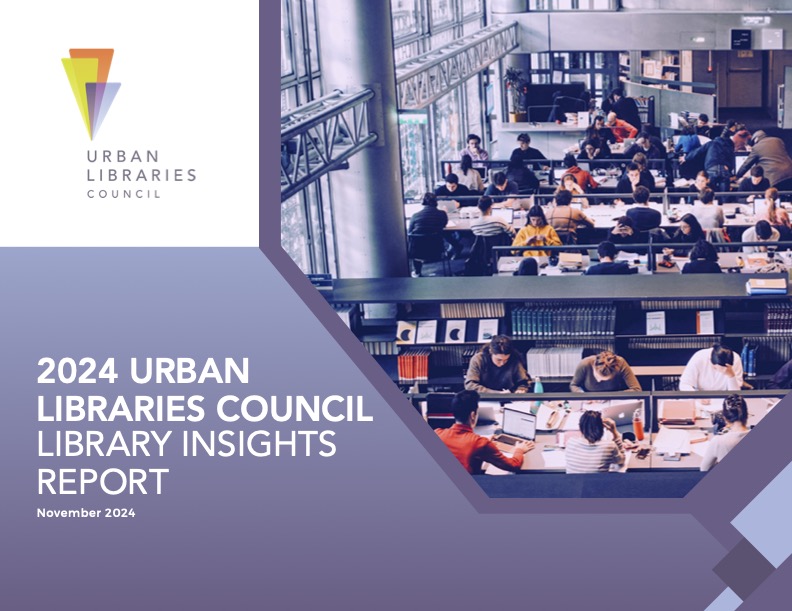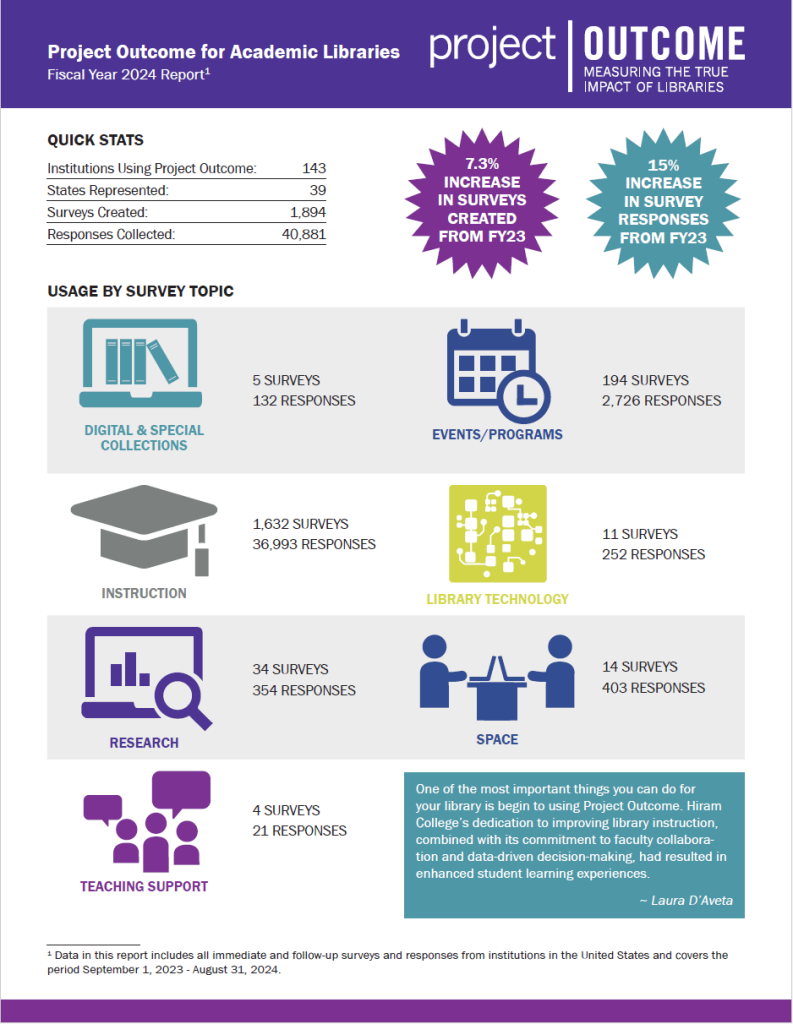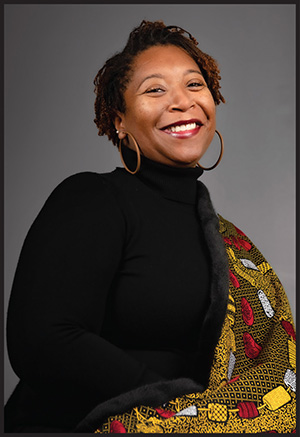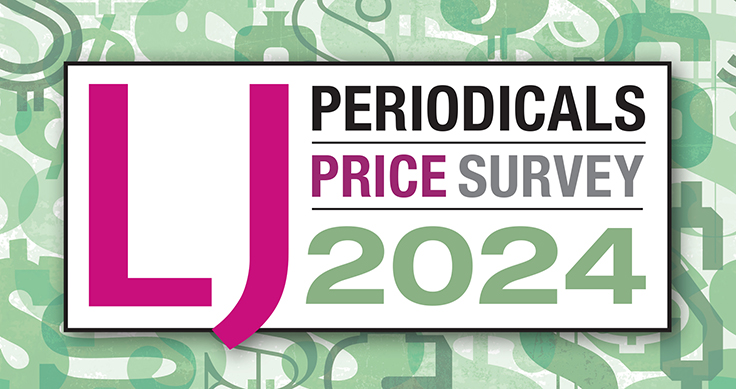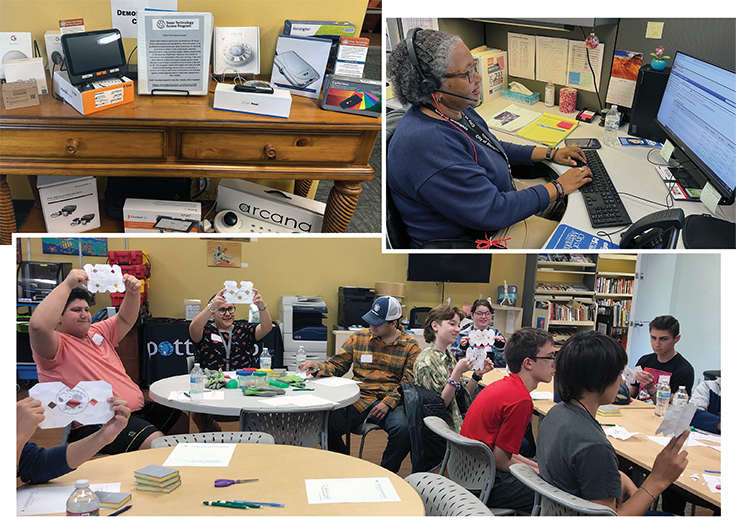News
On November 19, the Urban Libraries Council (ULC) released a report presenting the results of its 2024 Library Insights Survey, which charts the successes and challenges North American public libraries have seen in service to their communities since the height of the COVID-19 pandemic. Takeaways included a steady increase in attendance since the lows of 2022, with some notable differences in how libraries are being used.
One painful part of living through the pandemic for me was the sense that Americans were failing one another. Recent catastrophic weather events have brought back that same sense of unease. When deadly Hurricanes Helene and Milton made landfall last month, conspiracy theorists suggested they were manufactured for political benefit. Federal relief efforts were stymied by online misinformation, and a man was arrested for threatening FEMA workers. America, we’re not okay.
As artificial intelligence becomes more embedded in work, creative pursuits, and the generation of online misinformation, public libraries have a major new role to play in digital literacy.
On October 24, the Association of College and Research Libraries announced the publication of its 2024 report for the Project Outcome for Academic Libraries (POAL) toolkit. Data in the report offers a snapshot of POAL’s use and impact in FY24, from September 1, 2023, to August 31 of this year. The report is available as a free download from the Project Outcome for Academic Libraries website.
On July 16, Ithaka S+R released a new report, “Exploring Basic Needs Support Across Public and Community College Libraries,” as the first phase of its Maximizing Public-Academic Library Partnerships project. The report, authored by Senior Analyst Sindy Lopez, Analyst Sage Love, and Researcher Melissa Blankstein, surveys basic needs services promoted on public and community college library websites to see where that information differs, overlaps, and could potentially be expanded as partnerships.
When she was in college, Dr. Shamella Cromartie had a job at a public library where leadership and others were Black, which encouraged her to pursue a career in the field. “It’s important to see people that look like you in these positions so that you know that you can do it, too,” she says.
Many librarians lauded the development of Open Access (OA) publishing models, which offered, at least initially, to help solve the problem of an unsustainable and inequitable scholarly communications ecosystem while simultaneously addressing a growing interest in diversity, equity, and inclusion (DEI). In the past year, the idea that, with appropriate guardrails, Artificial Intelligence (AI) can also play a role in changing scholarly communications has risen to the fore. But can OA, DEI, and AI ever live up to their promise of an affordable, equitable and sustainable publishing ecosystem?
Libraries are incorporating collaboration, creativity, and a steadfast commitment to create accessible and inclusive spaces. Also, LJ looks at EBSCO's academic ebook accessibility findings.
ALREADY A SUBSCRIBER? LOG IN
We are currently offering this content for free. Sign up now to activate your personal profile, where you can save articles for future viewing

